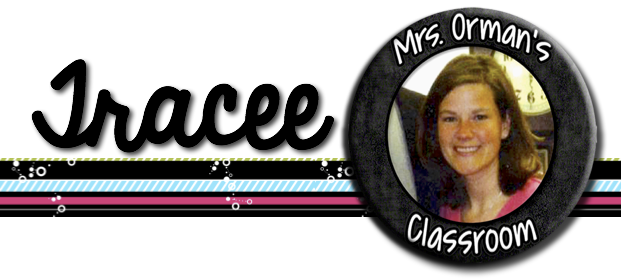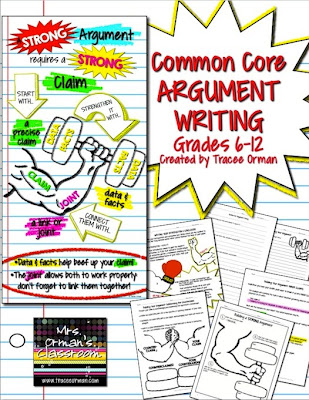Have your students take a writing road trip!
When it comes to the writing process, students tend to groan, roll their eyes, and start formulating an escape plan. Why not make it more fun for them by appealing to their interests? I just uploaded a new writing bundle for informative and explanatory writing (also known as expository or informational writing). It includes over 70 pages and slides with instruction, tips, exercises, and tons of examples for students to follow and practice as they write their essays.I included MLA formatting guidelines and examples, as well, so it can be used to teach your students how to research. In fact, these are all the types of writing assignments this resource covers:
• Compare and Contrast essay
• Cause and Effect essay
• Definition and/or Example essay
• Process/How-To essay
• Research paper
For teachers who need practice for the PARCC assessments or other standardized tests in which the texts are already pre-determined, this resource offers great practice. I included links to text-based writing prompts for grades 6-12.
If you are looking for resources for argumentative/argument writing, I already have a resource for you. I posted this almost two years ago and it continues to be one of my best-sellers:
For a collection of writing prompts, check out my Pinterest pin board, appropriately named "Writing Prompts":
All materials and resources are copyrighted © 2015 by Tracee Orman. All clip art, icons, and phrases used in the writing resources are created by and copyrighted by Tracee Orman. ALL RIGHTS RESERVED











